World Pangolin Day 2018
World Pangolin Day – Saturday, 17 February 2018
Pangolin, the “scaley ant-eater” found in Asia and Africa, is the world’s most trafficked animal and yet, one that many people have never heard of. How is this possible? Due to their reclusive nature and difficulty surviving in a captive environment, little is known about the pangolin even in the scientific and zoo communities. Therefore, little is passed on to the general public about these fascinating creatures and their struggle for survival.
Not an anteater, nor an armadillo, the pangolin is most closely related to modern-day carnivores! However, they have fulfilled niches in their habitats quite similarly to anteaters and armadillos in South America. Pangolins are exclusively insectivorous, meaning they consume only insects, sometimes tens of thousands in one day! They are protected by overlapping keratin scales, covering their bodies and are the only “true” scaled mammal. These scales not only protect them from bites of angry ants or termites when the pangolin is feeding but also from predators. When a pangolin feels threatened, they curl up into a ball and only the scales are exposed. These keratin scales are strong enough to protect a Cape Pangolin from a lion bite, however, they are the primary reason the pangolin is in trouble.
Falsely believed to have medicinal powers, pangolin scales are used in traditional Chinese medicine. As we know from rhino horn, keratin is the same material human nails and hair is made of and possess no pharmacological properties. In many Asian countries the ability to order, purchase, or consume pangolin meat is a sign of high social status and is often served as a delicacy. Pangolins are suffering local pressures in Africa as well, where their scales are used in jewelry or decorations and they are often killed for the bush meat trade.
Poachers are removing pangolins from the wild at alarming rates. Nearly daily, there are reports of confiscated pangolins in mesh bags being smuggled across borders and tons of scales being hidden inside shipping containers. Global Conservation Force has reached out and partnered with two different organizations that specialize in local pangolin rescue, rehab, and release efforts: R.E.S.T. Namibia and Save Vietnam’s Wildlife. By providing support to these organizations, GCF is helping them with hundreds of pangolin rescues each year. This year we are sending GCF representatives to Save Vietnam’s Wildlife in April to help with education outreach, animal husbandry, and program development.
As World Pangolin Day approaches, you may be wondering how you can help? In this age of instant communication, public awareness and social media outreach is an invaluable tool for wildlife conservation. Please help us share information on wildlife trafficking and the plight of animals like the pangolin. If each of our Facebook followers tells 1 person about pangolins – that is over 6,000 new people to help us spread the message!
To directly help Global Conservation Force’s efforts for pangolin
Consider attending our Painting for Pangolins event on Saturday, February 17 at Painting With A Twist in San Diego! Or purchase one of our many pangolin merchandise items, including our newest release t-shirt & tanks with an adorable pangolin image!
Finally, you can donate directly to GCF by visiting
https://globalconservationforce.org/donate/.
Thank you all for your support!
Lauren Ayres Martinez – GCF Pangolin Coordinator
CONNECT
- P.O. Box 956 Oceanside, CA 92049
- info@globalconservationforce.com
- EIN 474499248
- Copyright 2024. All Rights Reserved. Powered by Wild Media.

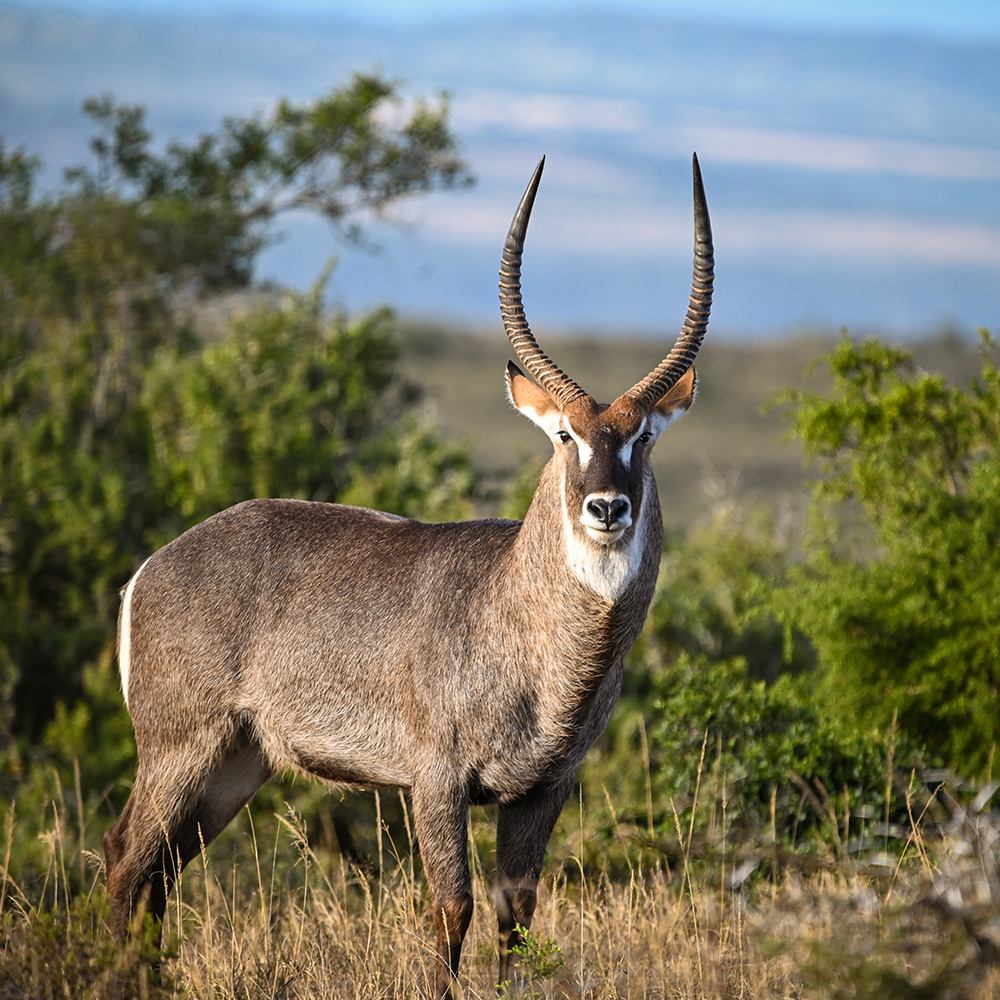
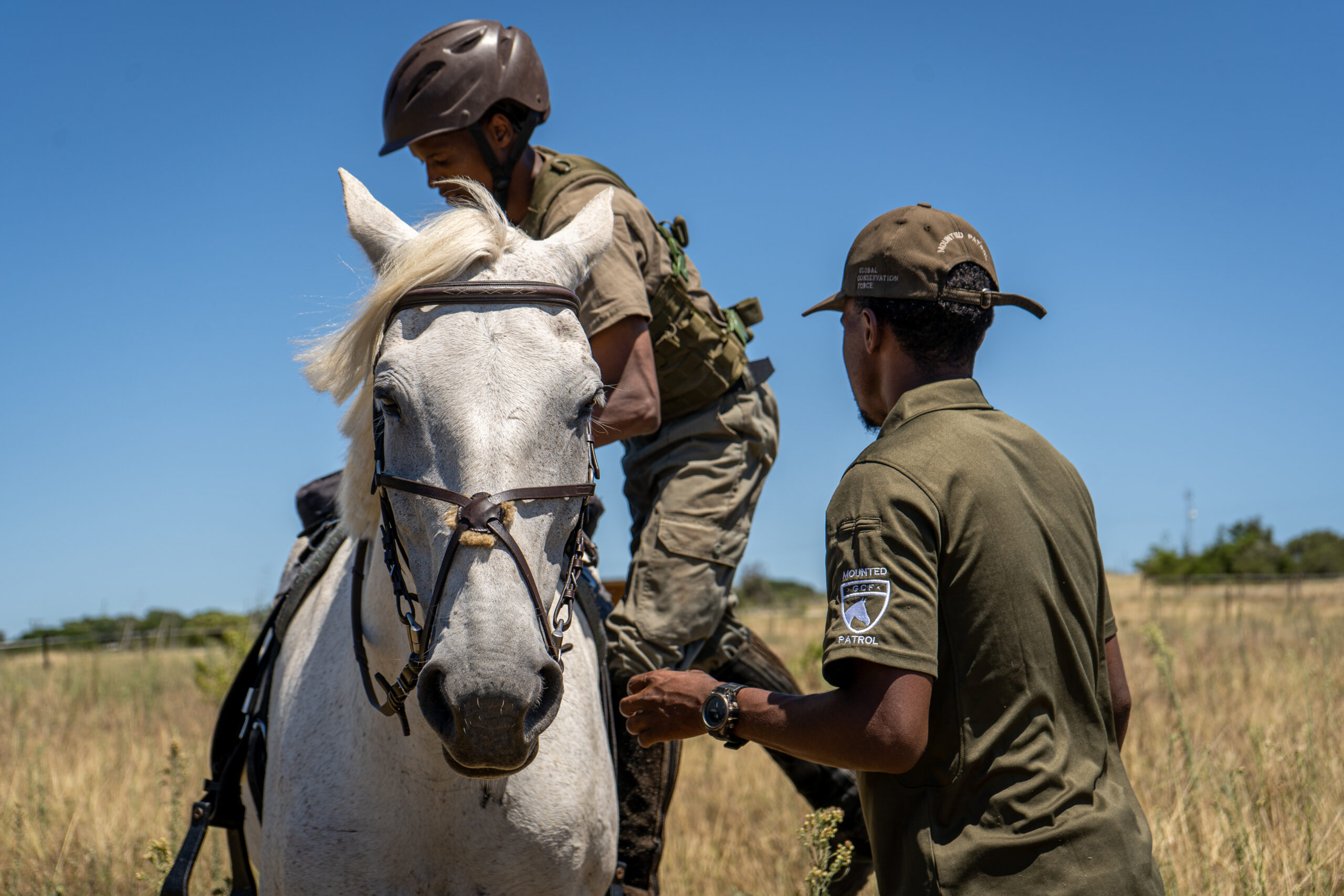
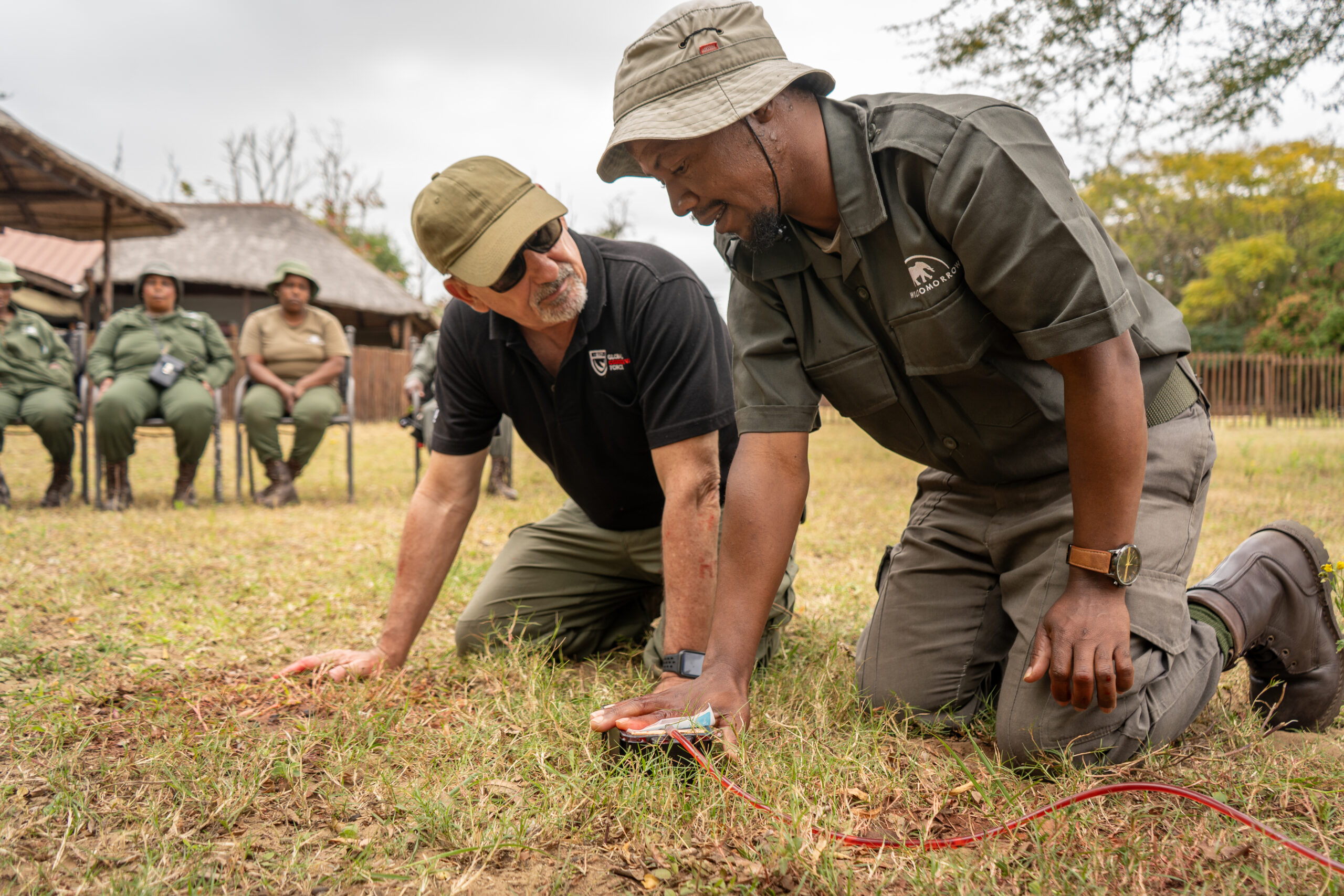
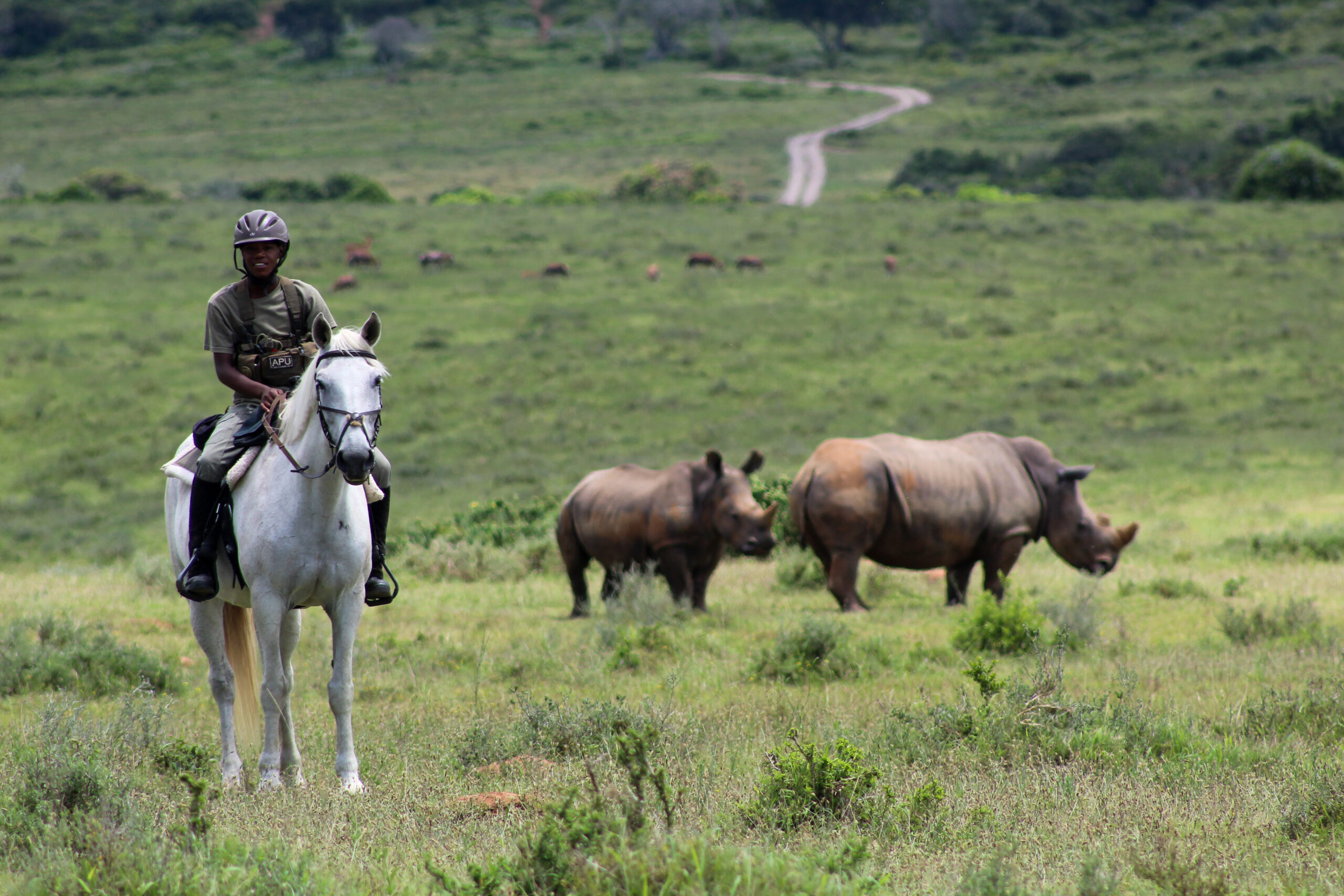
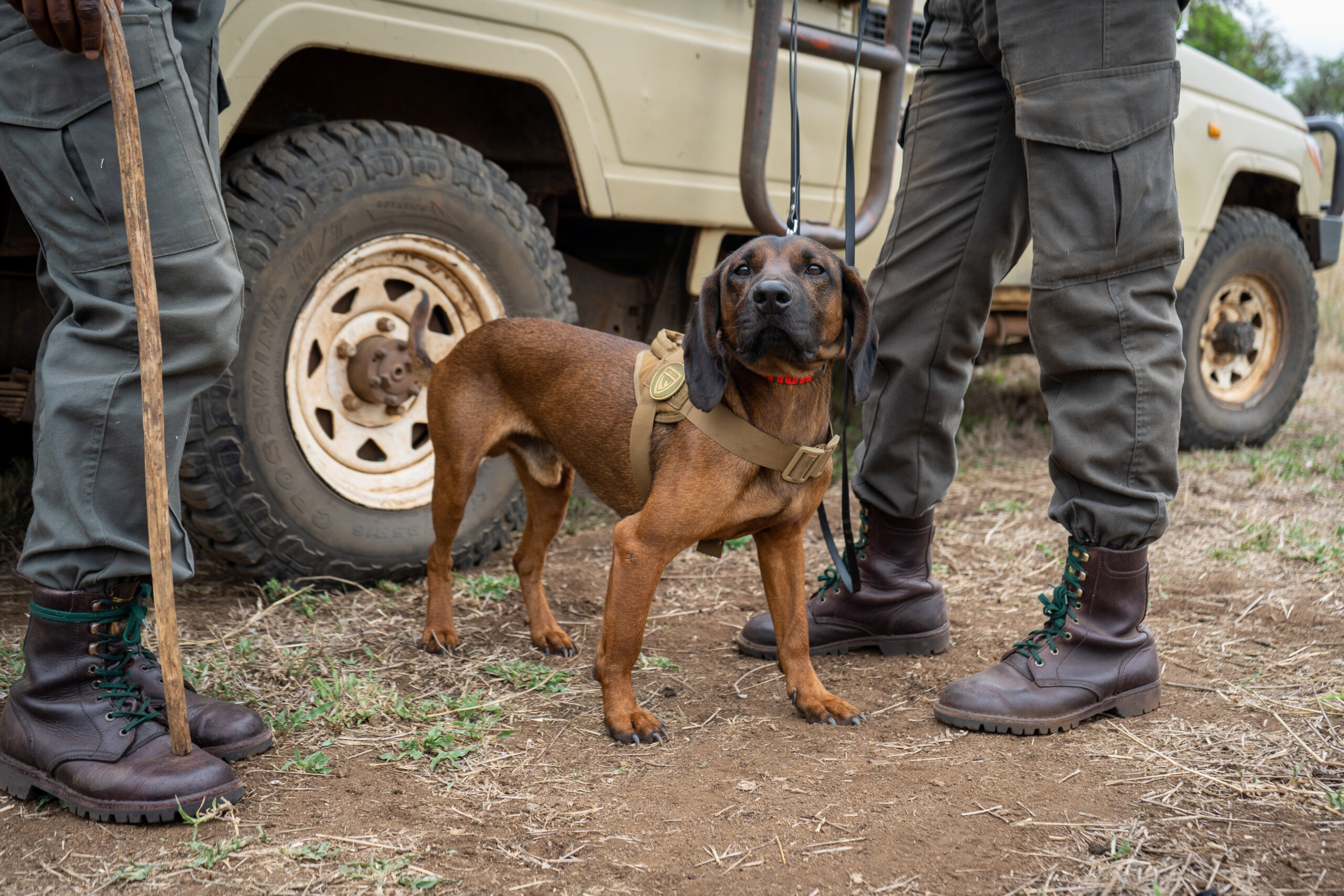
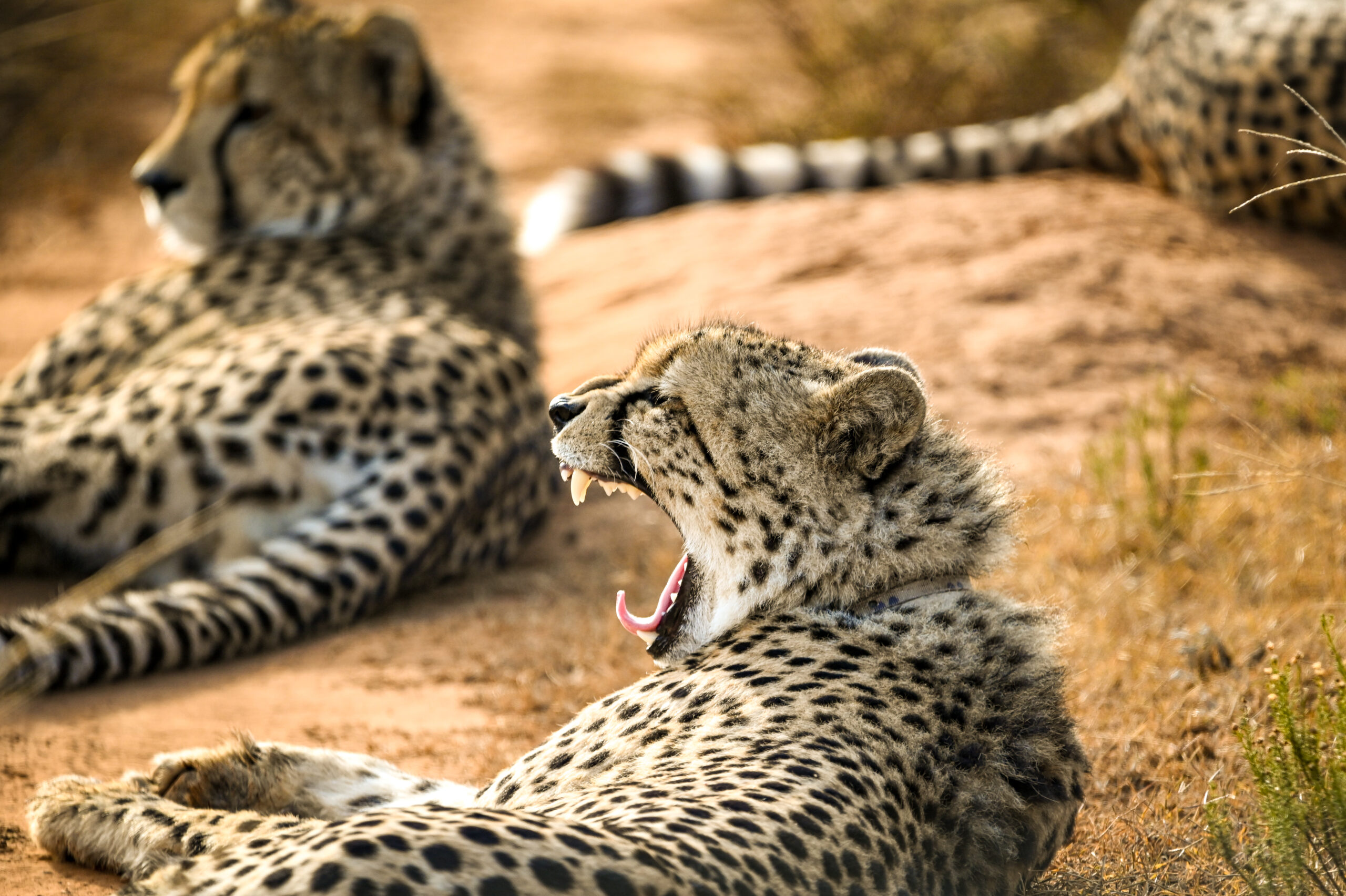
Leave a Reply